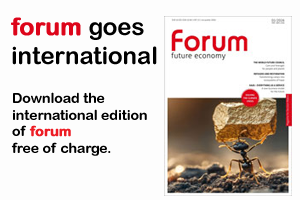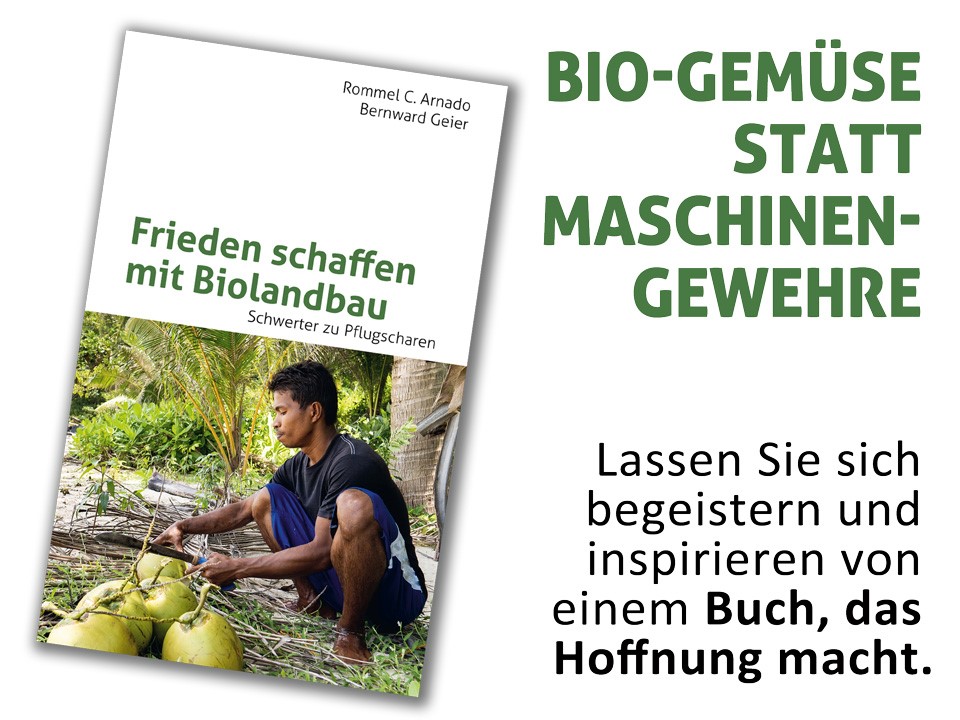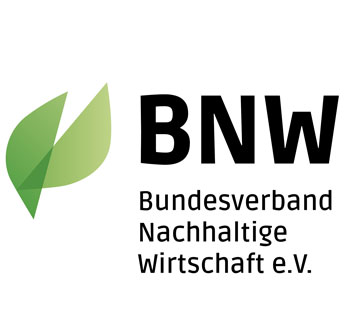Gesellschaft | Pioniere & Visionen, 21.12.2023
COP 28 in Dubai
Final report by Merijn Dols, NOW, circular economy scholar and lecturer,
A senseless traveling circus or an imperfect and untapped opportunity to catalyse the shift towards a regenerative future? How the Future Economy Forum seeks to contribute to unlocking the opportunities of COP.
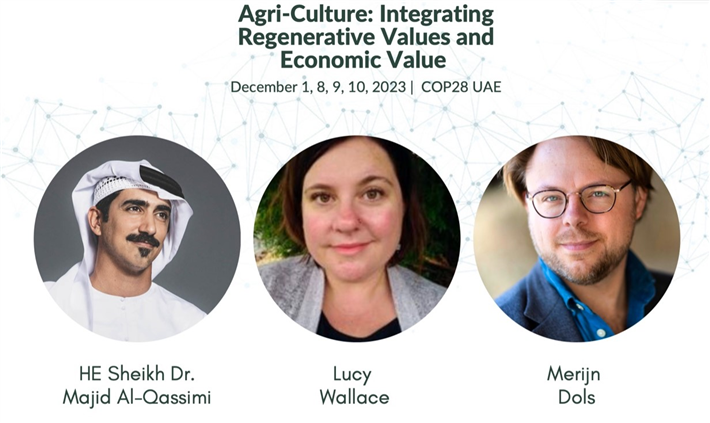 This years’ COP28, the 28th Conference of Parties of the United Nations Framework Convention on Climate Change (UNFCCC), should have been historic. It represented the first-ever Global Stocktake (GST), taking inventory of the world’s progress towards meeting the Paris Climate Change Agreement set at COP21. The Parties, the nations of the world also contemplated an agreement to phase out fossil. Additionally, agriculture and food systems were in focus more than ever. Delegations from 198 nations (Parties) are tasked with creating the global response to the threat of climate change, a responsibility no-one should take lightly. For two weeks, negotiators argued over where to place commas, and how to avoid making commitments that would seriously interfere with business as usual. With all 198 parties having a veto, the process is slow and exasperating. As Hunter Lovins put it on our way to Dubai "it's the UN’s annual exercise in frustration".
This years’ COP28, the 28th Conference of Parties of the United Nations Framework Convention on Climate Change (UNFCCC), should have been historic. It represented the first-ever Global Stocktake (GST), taking inventory of the world’s progress towards meeting the Paris Climate Change Agreement set at COP21. The Parties, the nations of the world also contemplated an agreement to phase out fossil. Additionally, agriculture and food systems were in focus more than ever. Delegations from 198 nations (Parties) are tasked with creating the global response to the threat of climate change, a responsibility no-one should take lightly. For two weeks, negotiators argued over where to place commas, and how to avoid making commitments that would seriously interfere with business as usual. With all 198 parties having a veto, the process is slow and exasperating. As Hunter Lovins put it on our way to Dubai "it's the UN’s annual exercise in frustration".Nonetheless, the text being negotiated is important: it is supposed to set the framework for the NDCs, the Nationally Determined Contributions, which embody the efforts of each country (party) to mitigate and adapt to climate change. For example, last year it took a lot of negotiation and pressure from civil society, business, youth and other non-party actors (the so-called "Observers” at COP) to keep the commitment to limit warming to 1.5 degrees Celsius (which the world’s climate scientists insist is the minimum "safe” level of warming) in the text.
How it started and where it is now…
The first COP in Berlin in 1995 featured only 117 Parties and 53 Observers. Everything revolved around the text. In Dubai over 100.000 people attended COP28. For some, COP is part of an annual calendar, that has climate tourists trekking across the globe from the World Economic Forum (WEF) in Davos, to the UNGA/Climate Week in NYC, to whichever nation has agreed to host the Climate COP, the Biodiversity COP, and more.
This traveling circus often feels uncomfortable and contradictory, however, in absence of a viable grassroots alternative, these gatherings of the world represent an unprecedented yet under-leveraged opportunity.
Gathering the most complete and diverse (if neither fairly and equally distributed) representation of viewpoints, lived experiences and realities in the world in one location for an extended period of time, is powerful. Combining policy makers, Non Governmental Organizations, Inter-Governmental Organizations, the financial sector, youth, business, indigenous peoples and more is a good thing. It stands in stark contrast to WEF or UNGA/Climate Week. A delegate can easily move between the many pavilions, cutting through the silos of societal, organisational and economical structures. If designed for and facilitated, this can offer a unique opportunity to cross-pollinate, bringing about new changes and enabling the changes that aren't spreading fast enough to become the new normal. COP can contribute in facilitating this emergence and catalytic effect by bringing together this necessary diversity... if the conditions and mindset are created.
Unfortunately, not everyone comes with a mindset conducive to this, nor is the gathering designed for real dialogue and deeper human connection.
First, many "negotiators” are more interested in the mall, the beach and the champagne showers. This is atrocious, as the access to this process comes with the heavy responsibility of coordinating the global response to the threat of climate change. Luckily though, this abuse is limited to a minority.
A more pervasive problem is that many more attendees come to COP with a transactional mindset and a short list of airy talking points, for which COP is their powerful megaphone that provides credibility by association.
Over two weeks of endless panels, a vast sea of talking heads seek the camera to get their line on (social)media. Statements like "the time is now”… "we have to partner”… delivered in hollow yet lengthy monologues weave these platitudes together until everyone claps with a false sense of achievement.
Potentially powerful meetings (or seemingly serendipitous collisions) of the change agents from the various elements and angles of the system are all too often brief and superficial. Too frequently, only the business cards meet… instead of beautiful, whole human beings. These interactions end in "interesting… we should follow up after COP.” Once Christmas has come and the Holidays have gone, the reason to reach out will be long forgotten.
The role of the private sector
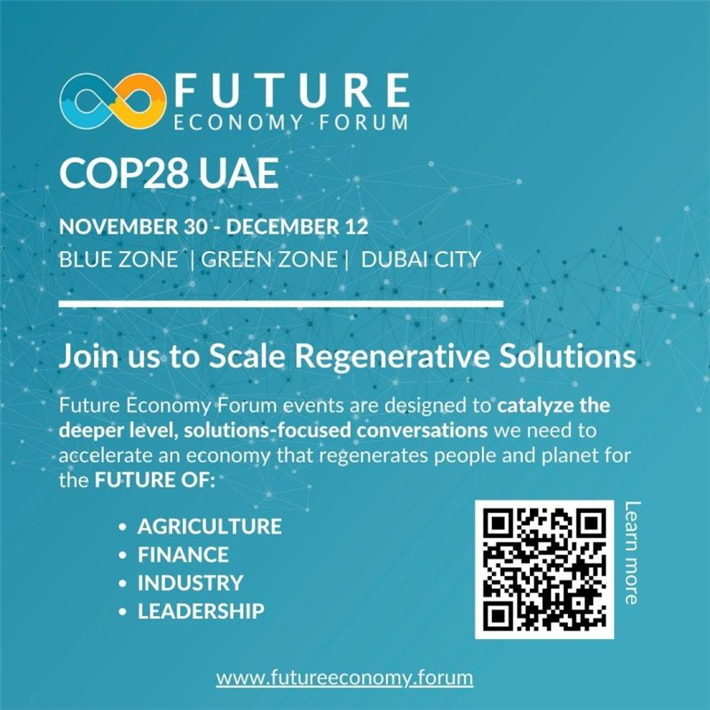 To counter this, a group of us co-founded the Future Economy Forum. Launched last year under the auspices of the Ministry of Environment of Egypt at COP27 in Sharm El Sheikh, we offered 10 days of dialogues. This year we came in force, hosting a pavilion in the Blue Zone, the United Nations controlled zone only accessible for people registered with the UNFCCC, numerous events in the publicly available Green Zone, and at other venues across Dubai.
To counter this, a group of us co-founded the Future Economy Forum. Launched last year under the auspices of the Ministry of Environment of Egypt at COP27 in Sharm El Sheikh, we offered 10 days of dialogues. This year we came in force, hosting a pavilion in the Blue Zone, the United Nations controlled zone only accessible for people registered with the UNFCCC, numerous events in the publicly available Green Zone, and at other venues across Dubai.We seek to unlock the potential of this community of 100,000 coming together, to accelerate, spread and scale existing innovations and catalyze the emergence of new ones. We create a space for deeper human connection in a conducive field with curated groups of people that cut across silos. Real human connection is hard to achieve when adrenaline and cortisol are driving. Deep interaction requires a different pace, smoothed by serotonin and dopamine. Our Future Economy Forum pavilion only hosts dialogues, in the form of co-creative innovation labs, roundtables and discussions. These enable participants to come to know each other, share a deeper level, and find common ground.
As simple and self evident as this sounds, it is surprisingly rare. A leading climate journalist, a party delegate, a senior member of the UNFCCC secretariat and observers from IGOs, NGOs, finance, and businesses spontaneously expressed their gratitude that they finally found space for conversation at COP. This makes me wonder. What if the process of defining the text became a "dialogue”? Might the world find the answers it so desperately needs if we stopped calling them "negotiations’, which evokes a positional exchange?
After two weeks at COP28, I feel conflicted. There is a sense of accomplishment and hope from what was to have been a landmark moment. But its failure leaves me disappointed and anxious. As we surpassed 420 ppm CO2 in the atmosphere, COP failed to achieve the two most basic elements of the climate change conversation. To stop carbon emissions, we need to shift from fossil fuels to renewables. COP28 started hopefully, as parties vowed to triple renewables. But this is a meaningless number: the current amount of renewables is tiny. What is needed is not a multiple, but an absolute number: 100% renewables by 2035. Frustration with the process kicked in as some countries simply weren't willing to include language to phase-out fossil fuels in the text. In the end, a pledge to cut production and consumption was agreed on, a promised transition...? Yet, as I look at my kids, I can’t help but think #LaterIsTooLate.
An underground network as driving force
The lack of timelines and commitments to action is frustrating. Vague text won’t stop the next extreme drought or flood. We need less talk and more action. To achieve this, whole people need to understand the urgency… not just exchange business cards and professional personas. We need to share our beautifully complex whole human selves.
Sequestering carbon: the most effective solution is to shift agriculture and food systems from the depletive, emitting norms of today towards practices that regenerate and lock up enormous amounts of carbon. In Dubai food and agriculture finally became of age in the worlds’ climate efforts as the systemic node it represents.
I experienced how community can move mountains. Hundreds connected over WhatsApp to just share events on food at COP. When ‘food systems’ language was struck from the GST, people shared their frustration. We self-organized over lunch and within hours alternative language was co-created. Before nightfall the importance of including this had been shared and stressed with many of the parties. A WhatsApp group and an online doc showed the power of a connected community… and got 'food systems' back in the GST. But nowhere in the final text is a commitment to shift to regenerative agriculture.
This underground network brought people together who represent big food, small holder farmers, cellular agriculture, organic production, plant-based foods and rotational grazing. Many constantly compete for funding and media attention, pitted against each other, stressing the uniqueness and the superiority of their models. In this one moment, however, the need to compete over the sunlight for their canopies in the forest, fell away, as they also recognized the need for a mycorrhizal network to make its mark on the map of COP.
There is so much more to share about the amazing initiatives that emerged from COP28. But first it’s time to regenerate my own self.
By Merijn Dols
Merijn Dols: Managing Partner, NOW. Former Head of Open Innovation and Circularity at Danone. Advisory board member, Ellen MacArthur Foundation and Future Food Institute. Regenerative Economy Fellow at Natural Capitalism Solutions. Facilitates the paradigmatic shift to a regenerative future that reconnects Economy and Ecology. Circular Economy scholar and lecturer.
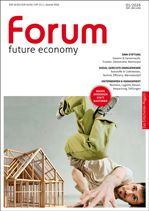
forum Nachhaltig Wirtschaften heißt jetzt forum future economy
forum 01/2026
- Zukunft bauen
- Frieden kultivieren
- Moor rockt!
Kaufen...
Abonnieren...
04
FEB
2026
FEB
2026
Solarenergie, Großspeicher und Netzausbau – aber keine Gaskraftwerke!
Im Rahmen unserer Serie "Klima-Strategien"
80336 München und online
Im Rahmen unserer Serie "Klima-Strategien"
80336 München und online
10
FEB
2026
FEB
2026
11
FEB
2026
FEB
2026
BootCamp Impact Business Design
Professional Training zum Update Ihrer Transformationsskills
81371 München
Professional Training zum Update Ihrer Transformationsskills
81371 München
Anzeige

Professionelle Klimabilanz, einfach selbst gemacht

Einfache Klimabilanzierung und glaubhafte Nachhaltigkeitskommunikation gemäß GHG-Protocol
Politik
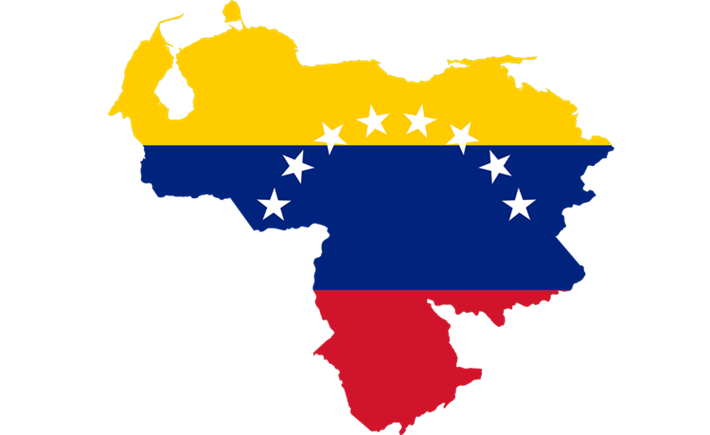 Das Recht des Stärkeren
Das Recht des StärkerenChristoph Quarchs philosophische Analyse zum US-Angriff auf Venezuela
Jetzt auf forum:
Nexia eröffnet neue digitale Zukunftswege
Rat für Nachhaltige Entwicklung neu berufen
Sperrmüll vs. Entrümpelungsfirma: Wann lohnt sich professionelle Hilfe?


